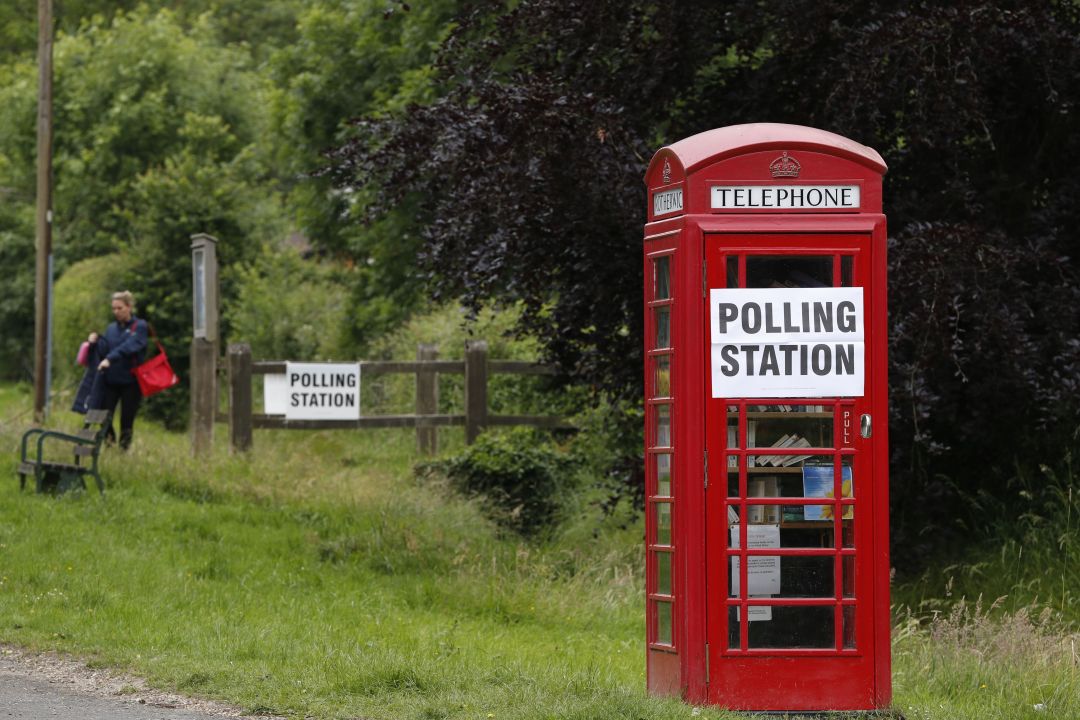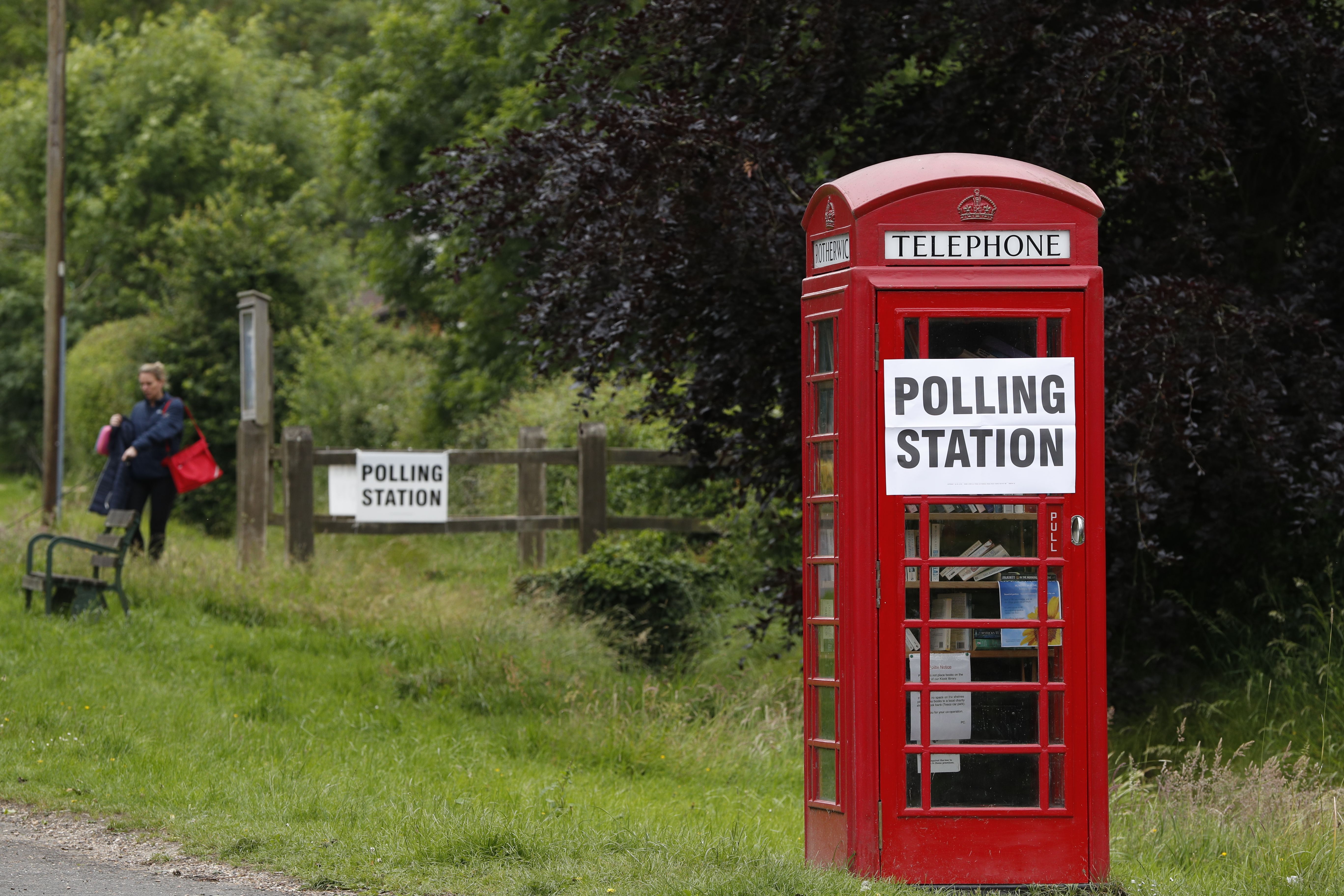The Conservative party doesn’t have a great track record when it comes to early elections — MPs are still scarred by Theresa May losing the Tory majority after going for a snap poll in 2017. But that hasn’t stopped talk of an early election building in recent weeks. This isn’t about a vote tomorrow or next month but instead whether Johnson opts to go to the polls in 2023 rather than 2024.
There are compelling reasons that could tempt Johnson to go early
The conventional wisdom is that Johnson won’t even consider going early — he’s already lost too much time to Covid and needs to deliver on levelling up. Meanwhile, few expect the government to win a bigger majority than the one it currently enjoys — so why rush? The Prime Minister himself has repeatedly played down the idea of an early election and his ministers also stick to this line even in private.
So, why are hacks and MPs once again talking about it? In the reshuffle, it was notable that the new Tory party chairman Oliver Dowden kicked off his time in CCHQ by telling staff: ‘You can’t fatten a pig on market day. It’s time to go to our offices and prepare for an election.’ In a pre-conference interview, Dowden wouldn’t rule out the possibility of an early vote. Meanwhile, CCHQ is currently in the middle of a shakeup with Alex Wild moving from the Ministry of Justice to be its Director of Communications.
None of this means a 2023 poll is certain. But there are compelling reasons that could tempt Johnson to go early. One of which is the boundary review. The shake up of the constituency map is expected to come into effect in mid to late 2023, with the final report to be submitted to the Commons Speaker in June that year.
So far the changes have been talked up as a win for the Conservatives — even if both Defence Secretary Ben Wallace and former education secretary Gavin Williamson are at risk of losing their seats. Tory peer Lord Hayward has predicted that the party will gain five to ten seats from the changes. This is because of extra seats being created in traditional Tory strongholds like Buckinghamshire and Suffolk.
However, what this doesn’t take account of is how the Tory coalition has changed in recent years. There are concerns among Conservative strategists that the review isn’t actually such a bonus for the government and could even hurt the party. This is both in terms of maintaining recent gains in the red wall, where majorities are already small, and also in commuter towns in the south where the make-up of the constituency has gradually become more Labour or Lib Dem.
Of course a large part of the calculation will come down to the political weather — if the economy is in bad shape and a cost of living crisis dominates the news, it would be a brave prime minister that calls an election. But these factors are why, despite the public assurances, an election may come sooner than many suppose.








Comments